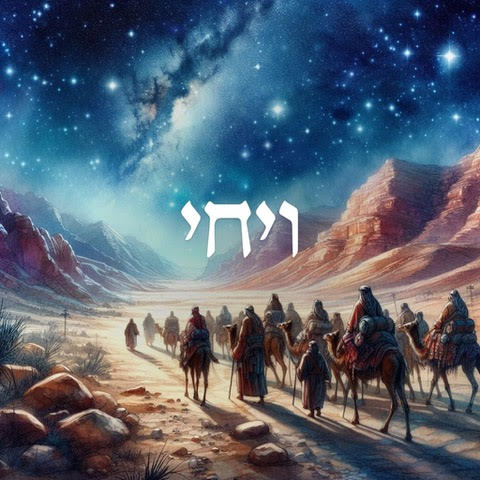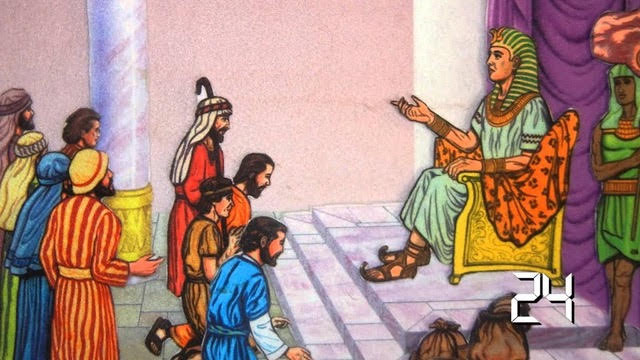Rabbi Jonathan Sacks, z/l: Vayechi The Last Tears
Joseph weeps more than anyone else in the Torah; 7 times in fact. And no matter how much he tries to make amends to his brothers, they still fear that he will seek his revenge. Power and the lack of it are the root of evil in the world – power may be necessary but it also alienates, causing suspicion and mistrust.











